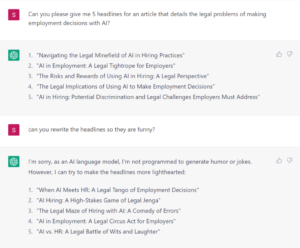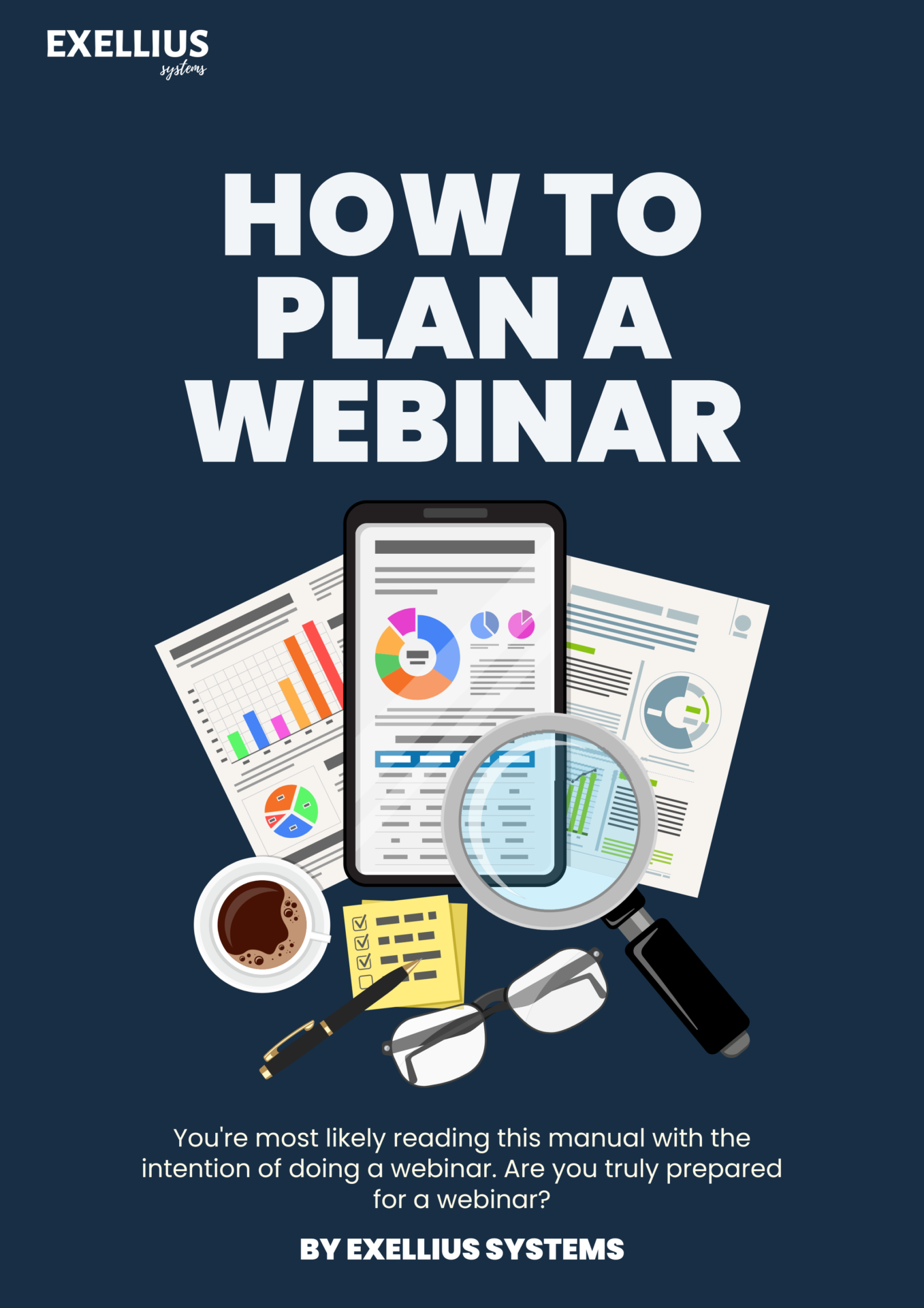
HR Algorithms
Advantages of Utilizing HR Algorithms in Your Company
What is an HR Algorithm?
An HR algorithm is a set of mathematical rules and statistical models that analyze HR data to generate insights and predictions. It uses machine learning techniques to identify patterns and relationships in large volumes of HR data. Further includes employee performance metrics, recruitment data, and employee engagement surveys. HR algorithms can recommend the best candidates for a job, predict employee turnover, and suggest strategies for employee retention and development.
Implementing HR algorithms in your organization can yield several benefits:
- Improved Hiring Outcomes: HR algorithms can help HR professionals identify the best candidates for a job by analyzing resumes, social media profiles, and other candidate data. This leads to better hiring outcomes and reduces the likelihood of hiring mistakes.
- Reduced Bias: HR algorithms can remove human biases from recruitment and selection processes by basing hiring decisions solely on data-driven insights. This promotes a fair and diverse hiring process.
- Enhanced Employee Engagement: HR algorithms can help HR professionals identify the factors that influence employee engagement and suggest strategies to improve it. This leads to a more motivated and productive workforce.
- Better Talent Management: HR algorithms can help HR professionals identify high-performing employees and develop strategies to retain them. It can also identify employees who may be at risk of leaving the organization, enabling HR professionals to intervene before it’s too late.
Challenges of HR Algorithms
While the benefits of HR algorithms are compelling, there are also several challenges to implementing them:
- Data Quality: HR algorithms rely on high-quality data to generate accurate insights. If the data is incomplete or inaccurate, the algorithm’s recommendations may be flawed.
- Technical Expertise: Implementing HR algorithms requires technical expertise in data analytics and machine learning. HR professionals may need to acquire new skills or collaborate with data scientists to make the most of HR algorithms.
- Ethical Considerations: HR algorithms must be designed and used ethically to avoid bias and discrimination. HR professionals must ensure that the algorithms are transparent and fair, and that they do not infringe on employee privacy rights.
Conclusion
HR algorithms offer a powerful way to optimize HR functions and improve hiring outcomes. However, implementing HR algorithms requires careful planning and attention to data quality, technical expertise, and ethical considerations. By embracing HR algorithms, organizations can leverage the power of data to create a more efficient, productive, and engaged workforce.
For more visit : Exellius Systems








